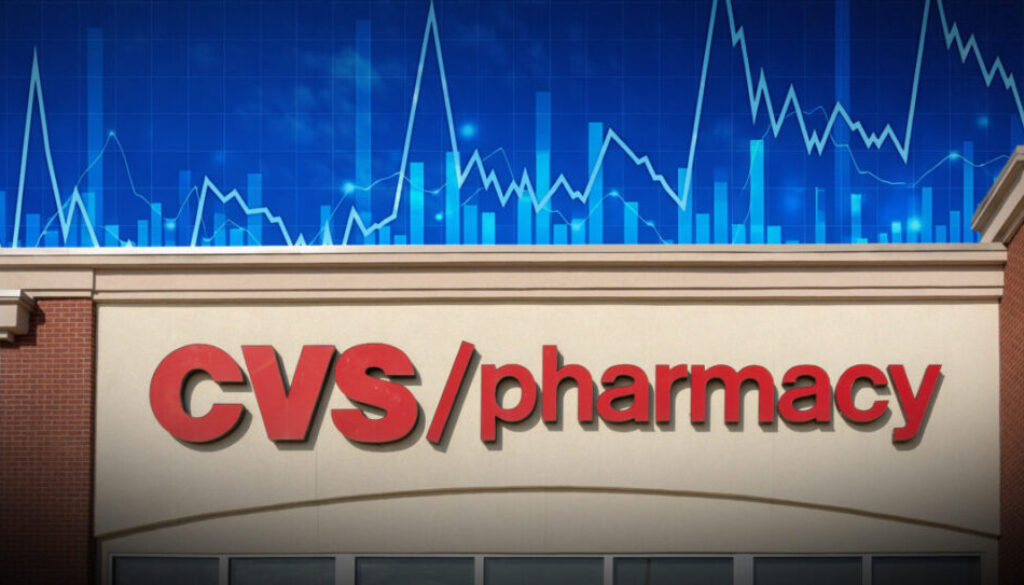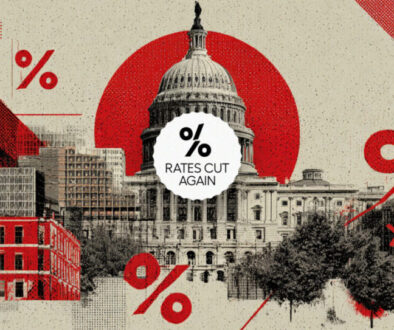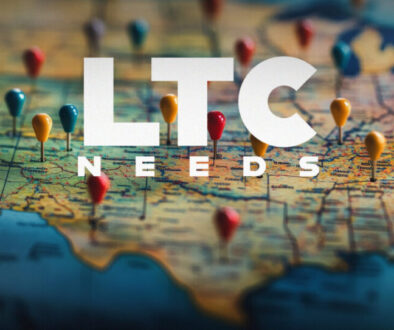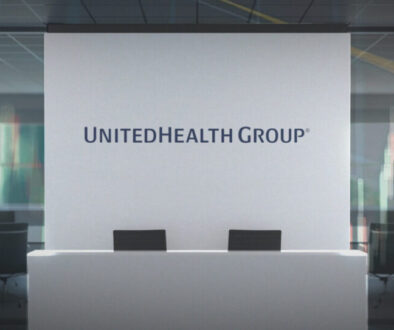CVS Health exits poor markets and businesses, reports record Q3 revenues

Leaving the Affordable Care Act exchange, closing some Oak Street clinics and taking a $5.7 billion charge all have CVS Health on a much better financial path.
So good that the healthcare giant reported a record $102.9 billion in Q3 revenue and raising its earnings guidance for the third consecutive quarter. CVS executives met with Wall Street analysts Wednesday morning to discuss their financial picture.
“The strength of our diversified businesses continues to set us apart, enabling us to deliver strong results, even in this dynamic environment,” said CEO J. David Joyner. “We are working to simplify healthcare and are bullish about the opportunities we see to lower the cost of care and drive innovation.”
The company’s core assets are CVS Pharmacy, Aetna health insurance, and CVS Caremark, its pharmacy benefits manager.
On Oct. 17, Joyner completed his first year in charge of CVS Health. He took over for Karen Lynch with a mandate to turn the struggling company around. Lynch staked CVS’s future to the 2023 acquisition of 230 Oak Street clinics for $10.6 billion.
The acquisition was intended to broaden CVS’s primary care platform, enhance its value-based care offerings, and improve health outcomes while reducing costs, especially in underserved communities.
After a financial review, CVS recently decided to close 16 of the Oak Street health centers by February 2026. The company took a $5.7 billion impairment charge during Q3 related to the decision “temper Oak Street health clinic growth over the next few years,” Joyner said.
“The reasons to believe in this business have not changed, but the marketplace is evolving, and we are adapting our strategy to get financial performance back in line with our expectations,” Joyner concluded.
Joyner also guided Aetna and CVS out of the Obamacare marketplace for individual and family health plans, effective Jan. 1, 2026. The decision, announced in May, will affect over one million Aetna members across 17 states who will need to find new health coverage.
CVS Health expects “a tailwind” from the ACA exit, said Brian O. Newman, chief financial officer. Otherwise, the ongoing political battle over Medicaid funding was barely addressed during the call.
CVS accepts fee-for-service Medicaid at all its retail pharmacies and accepts most Medicaid plans at its clinic locations. Additionally, Aetna offers various Medicaid plans.
“While we’re seeing good progress in Medicaid in terms of rate advocacy discussions, we are taking a cautious outlook,” Newman said.
In Other News
PBM value. Joyner vigorously defended CVS Caremark, the company’s pharmacy benefit manager subsidiary. PBMs are the subject of significant state-level reform efforts and growing calls for federal action. States are actively passing laws to regulate PBMs, while the Federal Trade Commission has initiated an investigation into the industry.
Ten percent of the drugs drive 88% of CVS drug costs, Joyner said.
The treatment of weight-loss drugs is a controversial area. Known as GLP‑1 drugs, prescriptions have increased dramatically, with one analysis showing a 400% rise from 2019 to 2023.
On July 1, CVS Caremark stopped covering Eli Lilly’s Zepbound, a blockbuster GLP-1 drug that has been approved by the US Food and Drug Administration since November 2023 for chronic weight management in adults with obesity or who are overweight.
“GLP1s are approximately 15% of our clients’ cost,” said Prem Shah, executive vice president and group president, CVS Health. “We were able to narrow our formulary in the weight loss category, and our clients benefited from lower costs. And I would argue the market benefited from the fact that we moved against one of the products and we saw the net prices of the entire category come down.”
Pharmacy performance. CVS Pharmacy and Consumer Wellness segment is performing well financially, with a third-quarter revenues of $36.2 billion, an 11% increase from the previous year. CVS filled 461.4 million prescriptions, up 5.7% from the year-ago quarter.
Earlier this month, CVS completed its purchase of 63 former Rite Aid and Bartell Drug Stores. The deal included 63 stores in Idaho, Oregon and Washington as well as the prescription files for 626 former Rite Aid and Bartell locations in 15 states. CVS said that means it will now be serving more than 9 million former Rite Aid and Bartell customers.
Quarterly Snapshot
- Same-store pharmacy sales grew nearly 17% compared to the prior year.
- More than 9 million new Rite Aid and Bartell Drugs patients.
- Ended Q3 with about 26.7 million members, down about 445,000 members from the prior-year quarter.
- Reported a medical benefit ratio of 92.8%, a decrease from the prior year quarter result of 95.2%.
Management Perspective
“Clients, including the most sophisticated buyers of pharmacy benefit services, continue to see the tremendous value we provide, as evidenced by another strong selling season, we have achieved new client wins of nearly $6 billion and are closing out other selling season with retention in the high 90s.”
President and CEO J. David Joyner
By The Numbers
- Total Revenue: $102.9 billion ($95.4 billion in Q3 2024)
- Adjusted Operating Income: $3.46 billion ($2.55 billion in Q3 2024)
- Adjusted Earnings Per Share: $1.60 ($1.09 in Q3 2024)
- Share Repurchases: None
- Dividend Declared: $846 million in Q3 2025
- Stock Price Movement: Shares were up 1.5% to $83.44 as of midday Wednesday
© Entire contents copyright 2025 by InsuranceNewsNet.com Inc. All rights reserved. No part of this article may be reprinted without the expressed written consent from InsuranceNewsNet.com.
The post CVS Health exits poor markets and businesses, reports record Q3 revenues appeared first on Insurance News | InsuranceNewsNet.






